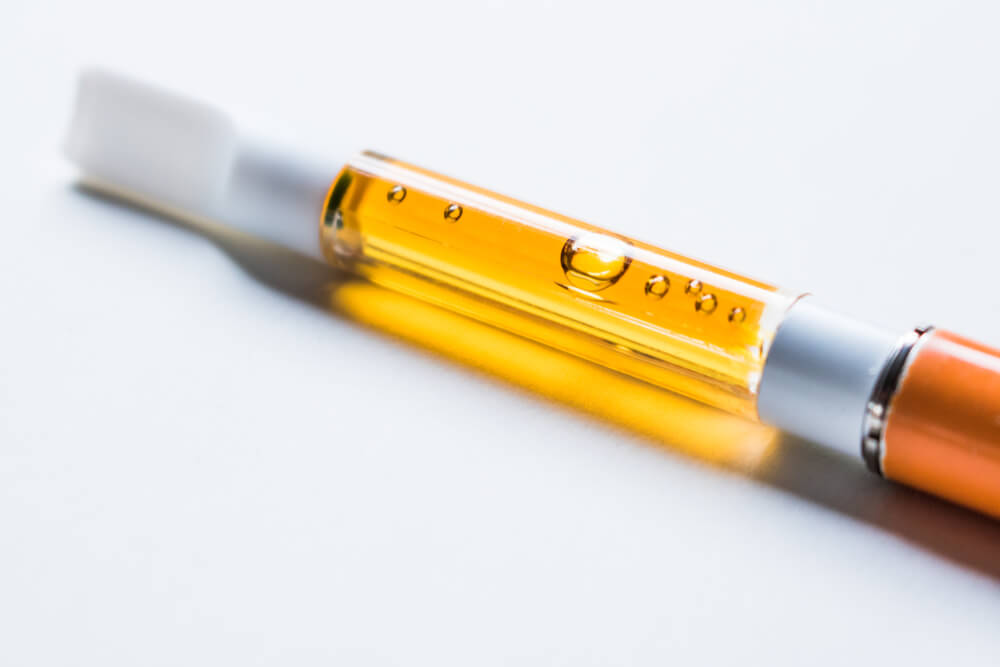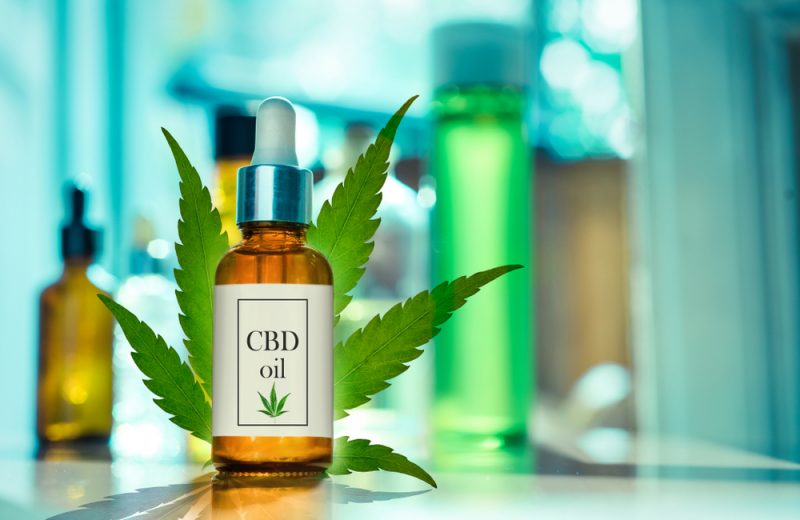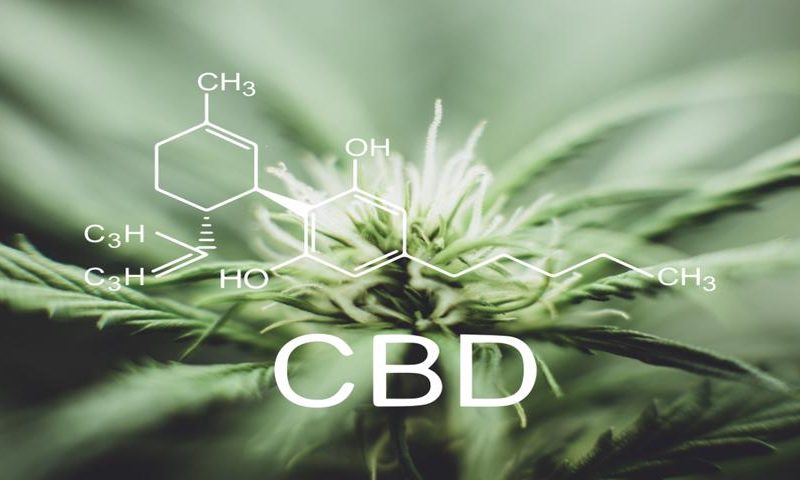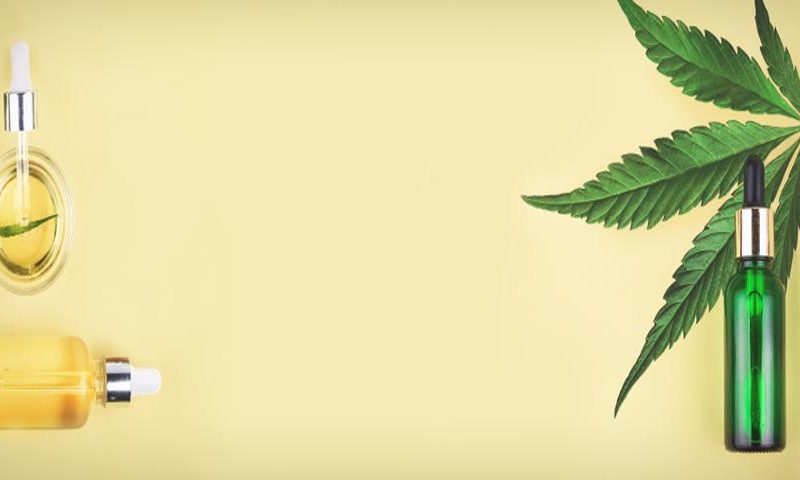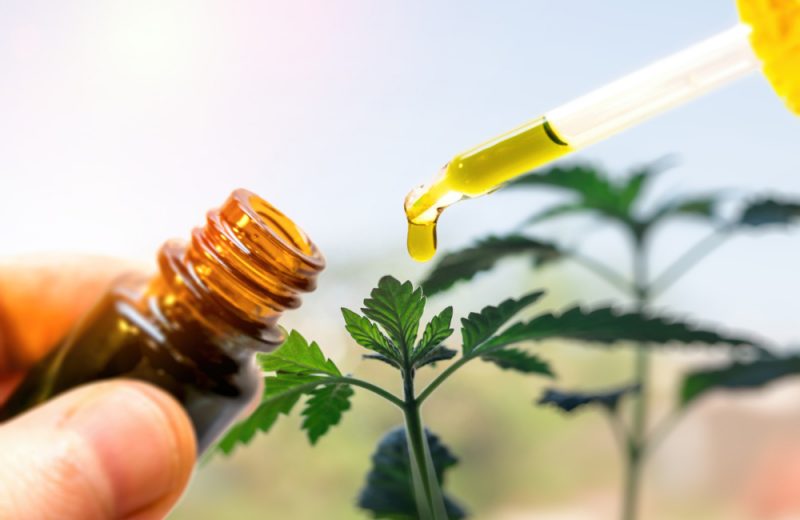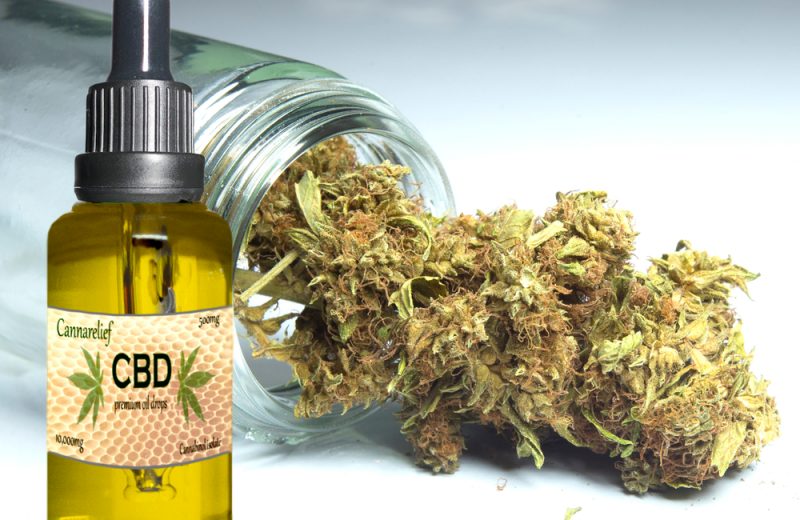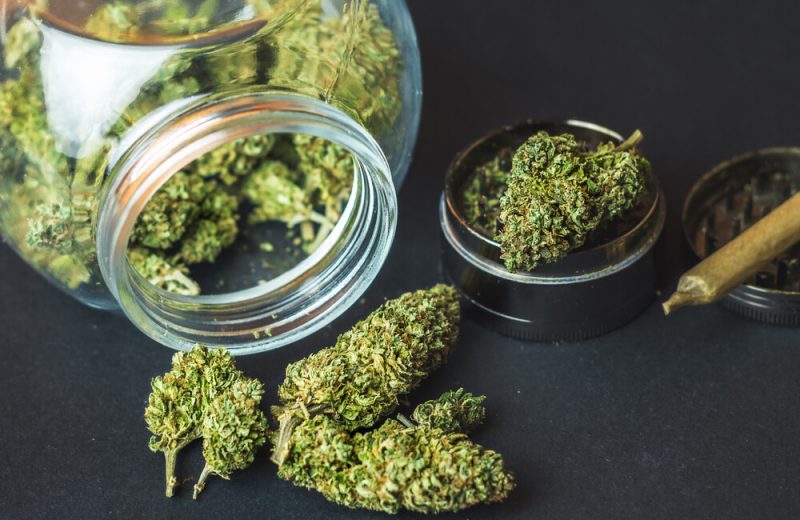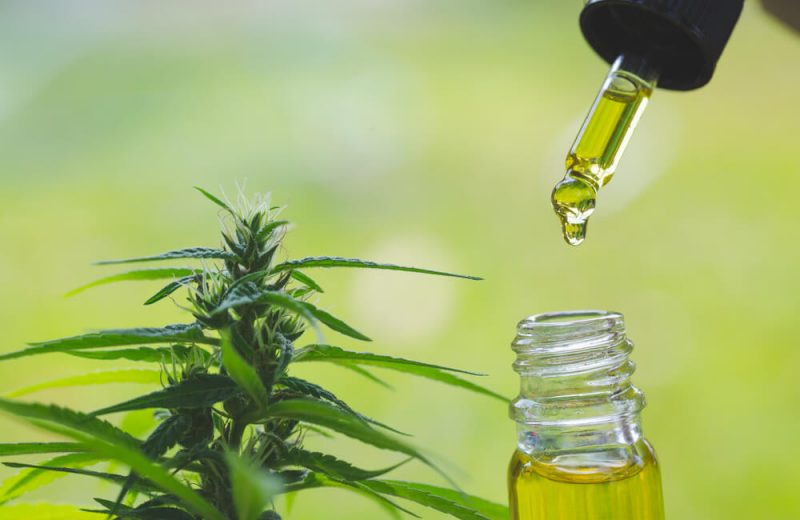A new study has found the effects of some vaping products, including CBD, could be a cause for concern.
Researchers at NYU College of Dentistry found vaping linked to oral infections and changes to the mouth’s microbiome – a collection of naturally occurring bacteria that help keep the mouth healthy.
The team examined the oral microbiome of 119 subjects; some smoked cigarettes, some regularly used e-cigarettes, and some had never smoked.
The results revealed that while vaping might be sold as a healthier alternative to smoking, it could also cause a significant amount of harm.
Researchers found those who regularly vaped experienced significantly higher rates of gum disease and infection (42.5%) than the non-smoking group (28.2%). Cigarette smokers still came out on the top of the list, however, with a rate of 72.5%.
It was also discovered that the microbiome of vapers differed from that of the other two groups, as they were found to have a high amount of bacteria P. gingivalis, known to trigger gum disease.
The study also revealed e-cigarette users had higher levels of the cytokines interleukin-6 and interleukin- 1β, substances which induce inflammation making users more prone to infection.
This was backed up when researchers exposed cells to e-cigarette aerosols.
Professor at NYU College of Dentistry and co-senior author on the paper Deepak Saxena said the effects of vaping may be mirrored through the body, noting they “could be causing inflammation in the respiratory tract also.”
Vape nicotine levels also presented themselves as a significant problem within the study. While traditional cigarettes contain around 24mg of nicotine per pack, the levels in e-cigarette liquid vary between 6 and 48mg/ml.
Each cartridge is said to provide around 200 puffs – equivalent to as much as three packets of cigarettes – and is not meant to be smoked in one sitting.
Nicotine absorption rates from e-cigarettes depend on the concentration within the liquid, its chemical form, aerosol mass quantity, and deposition. A 2014 study from the FDA found diethylene glycol in one cartridge it tested, a toxic liquid which is also used in explosives. The study also found cancer-causing agents, some of which were tobacco-specific.
The Food and Drug Administration recently described e-cigarette use as a “crisis among America’s youth” as more than 5 million American middle and high school students vape regularly.
These rates are ever-increasing following the legalization of CBD in 2018, which opened up a new market for CBD vapes which some claim have a variety of health benefits.
The extent of the problems CBD vaping may cause are unknown, however, as scientists work to learn about the health consequences of this relatively new fad. And while some studies show CBD could help relieve symptoms of Parkinson’s disease, it is thought the results of other research may be more worrying than was originally thought.
For now, the FDA is taking small steps to cut down on the number of young people regularly vaping. This year alone it has taken a large number of flavored cartridges, which are thought to attract young people, off the market.
The new rule applies to mint, fruit, and dessert flavored cartridges, leaving menthol and tobacco products on the market, and does not apply to open tank systems.
In an announcement back in January, the FDA said, “The United States has never seen an epidemic of substance use arise as quickly as our current epidemic of youth use of e-cigarettes. HHS is taking a comprehensive, aggressive approach to enforcing the law passed by Congress, under which no e-cigarettes are currently on the market legally.”




